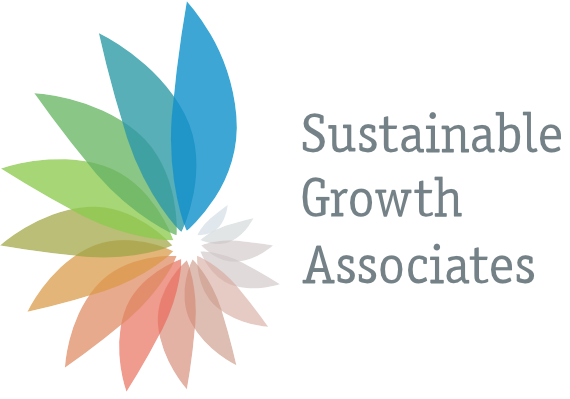
By Elze van Hamelen. The transition to a sustainable society entails tremendous challenges when it comes to chemicals and materials management. While the chemical sector has made great improvements in controlling acute dangers, materials are not adequately managed over their entire life cycles. According to the UN, over eight million tons of plastic end up in oceans each year. For many materials, we are not able to foresee the entire life cycle. The Natural Step’s approach requires to meet the Sustainability Principles in any case to achieve socio-ecological sustainability. The first three ones focus on ecological sustainability, the fourth one and its five sub-dimensions give the conditions to be met for social sustainability. How does all this impact chemicals and materials management? Elze van Hamelen, Advisor at The Natural Step Germany, most recently published a specialist article summarizing the state of the debate. Some of her key insights: There is an emphasis on managing materials in a different way. But there is far too little attention on the intrinsic properties of the materials themselves. It is implied that we need to substitute raw materials with renewable, bio-based feedstock. But it isn’t that simple. According to John Warner, co-founder of the 12 Principles for Green Chemistry, almost two thirds of all chemical products need to be replaced by a sustainable alternative. And that definitely demands a new, systems-based and transformative perspective on chemicals and materials management. To read more please have a look at the PDF. Furthermore, Elze’s article has been published in TGTHR, a renowned specialist magazine and online platform in the Netherlands (in Dutch). Photo: TGTHR.
